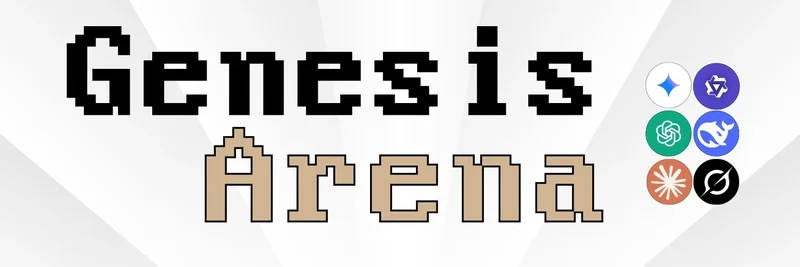In the fast-paced world of crypto, where fortunes can flip overnight, a recent tweet from MartyParty (@martypartymusic) has caught the attention of many in the community. As a seasoned crypto commentator and macro analyst, MartyParty shared breaking news about Digital Currency Group (DCG) filing a lawsuit against its own subsidiary, Genesis Global Capital LLC. This development, dated August 14, 2025, is unfolding in the U.S. Bankruptcy Court for the Southern District of New York, and it's centered around a hefty $1.1 billion promissory note. For those of us tracking meme tokens, this isn't just corporate drama—it's a reminder of how interconnected the crypto ecosystem is, and how shocks in the institutional space can ripple into the wild world of memes.
Let's break it down simply. Back in 2022, the crypto market was reeling from the collapse of Three Arrows Capital (3AC), a major hedge fund that went belly-up. Genesis, a lending platform and DCG subsidiary, had loaned a ton of money to 3AC—about $2.36 billion worth. When 3AC defaulted, it left a massive hole in Genesis's balance sheet. To plug that gap and keep things stable, DCG stepped in with a $1.1 billion promissory note, essentially an IOU promising to pay up over time.
Fast forward to now: Genesis filed for bankruptcy in early 2023, and its liquidation plan was approved earlier this year. But DCG isn't happy. They're suing to either void the remaining obligations on that note or recover what they claim are overpayments totaling more than $105 million, plus interest. According to reports from The Block, DCG argues they've already fulfilled their duties, and now they're seeking a court declaration to that effect. It's like a family feud gone legal, with billions on the line.
This isn't happening in a vacuum. Earlier in 2025, the SEC slapped DCG and former Genesis CEO Soichiro “Michael” Moro with fraud charges related to the 3AC fallout, resulting in a $38.5 million settlement. The allegations? Misleading investors about Genesis's financial health post-3AC. It's all part of the ongoing cleanup from the 2022 crash, which wiped out trillions and shook confidence across the board.
So, why should meme token enthusiasts care? Meme coins like Dogecoin, Shiba Inu, or the latest viral sensations thrive on hype, community, and market sentiment. When big players like DCG and Genesis duke it out in court, it can spook the broader market. Think about it: uncertainty in institutional crypto often leads to volatility. If this lawsuit drags on, it might trigger sell-offs in major assets, indirectly pressuring meme tokens as liquidity dries up or fear spreads.
On the flip side, meme coins have shown resilience in the past. They're less tied to traditional finance structures and more driven by social media buzz and retail investors. Events like this could even create buying opportunities—if the market dips, savvy traders might scoop up undervalued memes expecting a rebound. Plus, it's a stark lesson in risk management: even giants like DCG face fallout from bad bets, so diversifying your meme portfolio and staying informed is key.
As blockchain practitioners, keeping tabs on these stories helps us build a stronger knowledge base. Whether you're HODLing your favorite dog-themed token or exploring new launches, understanding the bigger picture—like how 3AC's ghost still haunts the industry—can sharpen your edge. We'll be watching how this lawsuit unfolds and what it means for the meme space. What do you think—will this shake things up, or is it just another blip? Drop your thoughts in the comments below!
For more insights on meme tokens and crypto news, stick around at Meme Insider.




